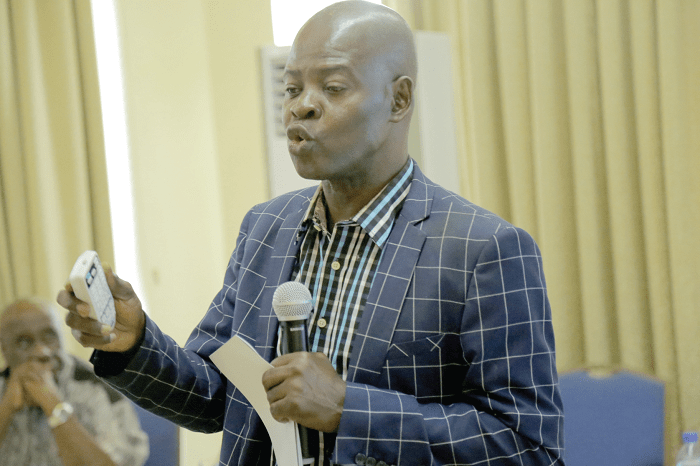PIAC to aid prosecution of five public officials for mismanaging Ghana’s oil funds
Information gathered has that, Public Interest and Accountability Committee (PIAC) has hinted that the committee is preparing to submit about five cases to the Economic and Organized Crime Office (EOCO) for advanced probing and subsequent prosecution.
The Chairman of the committee, Steve Manteaw made this revelation at a forum at Tema in the Greater Accra Region organized to educate the general public on the management of Ghana’s oil proceeds. The forum forms part of PIAC’s resolve to organize nationwide public engagements on the utilization of the revenues accrued from Ghana’s petroleum.
At the forum, Mr. Manteaw contended that the management of Ghana’s oil proceeds is bedeviled with a number of irregularities. The irregularities borders on mismanagement, corruption, embezzlement, misappropriation among others. According to the Chairman, although the Committee has no prosecutorial powers, there are doing whatever is within their remit to bring the perpetrators of these infractions to face the full rigors of the law.
He added that in view of this, the committee’s lawyers are currently working on five cases that border on mismanagement of Ghana’s oil funds. According to him, some of these infractions are administrative lapses while others are criminal in nature.
The Chairman was emphatic that within the next two weeks, lawyers for the Committee will complete the dockets and submit them to EOCO for further actions to be taken on them.
This move is underpinned by the Memorandum of Understanding signed between PIAC and EOCO. The two parties have come to terms by signing an MOU to mutually collaborate to prosecute abusers of the Petroleum Revenue Management Act although PIAC does not have prosecutorial powers as EOCO.
The driving force of PIAC is to ensure the judicious use of the petroleum revenues and hence the collaborative prosecution exercise to ensure effective accountability of revenues and deter public officials from mismanaging the petroleum revenues.



